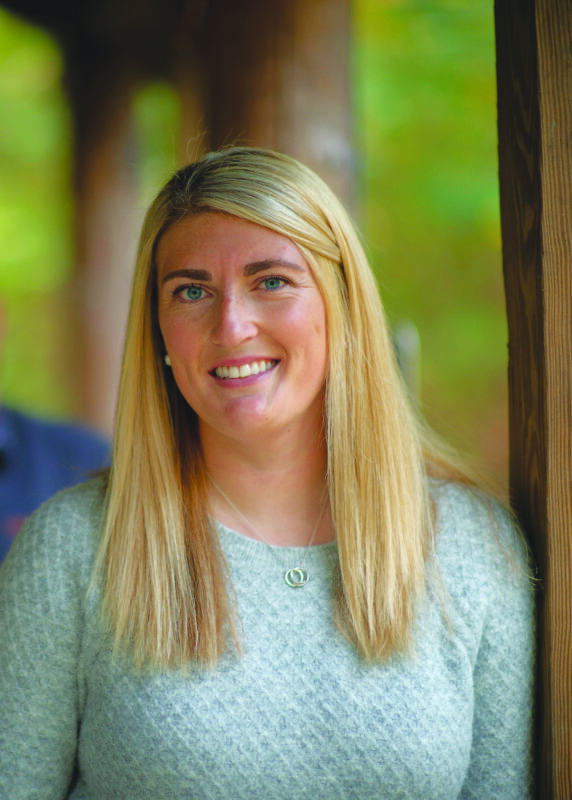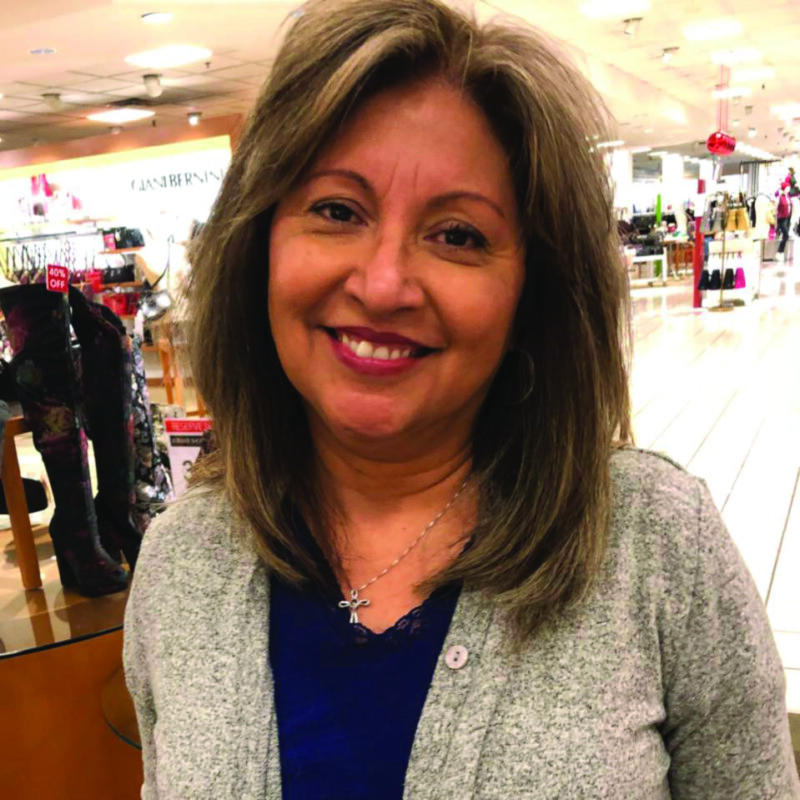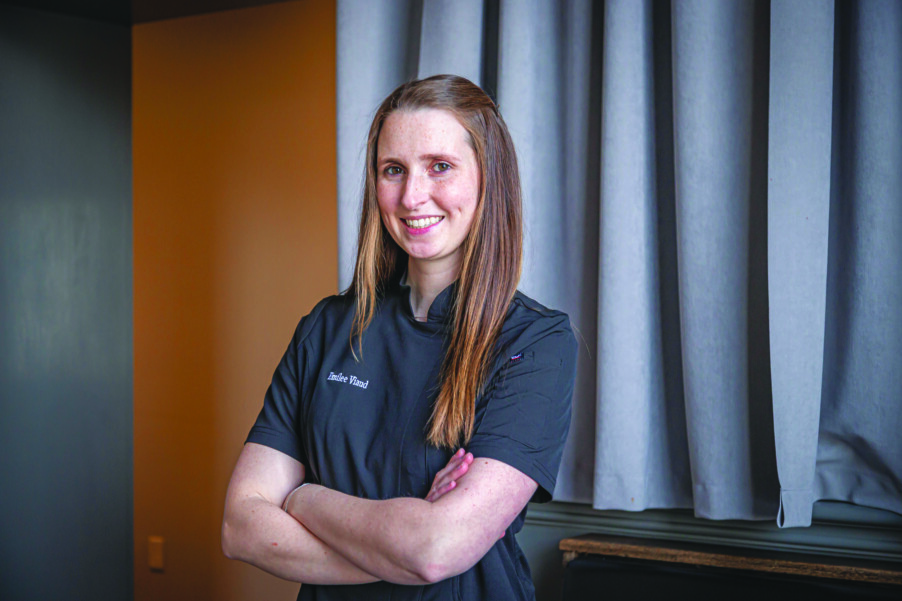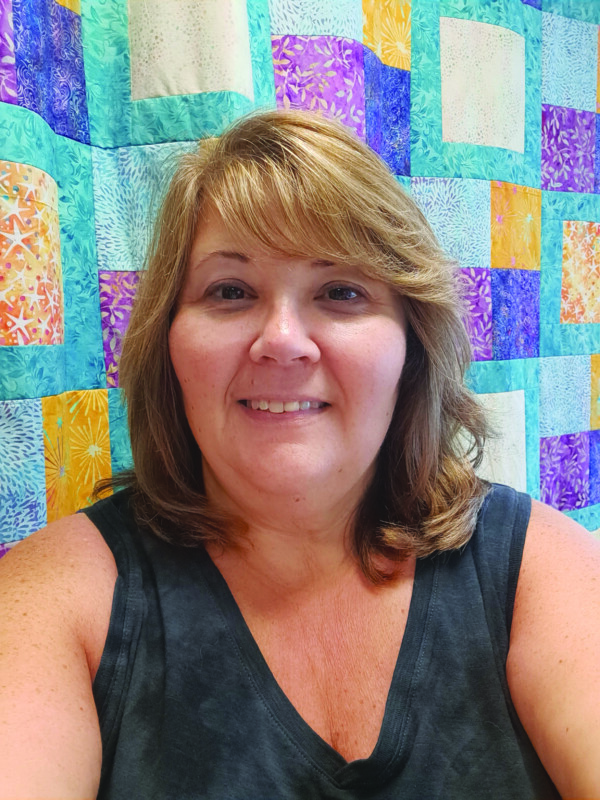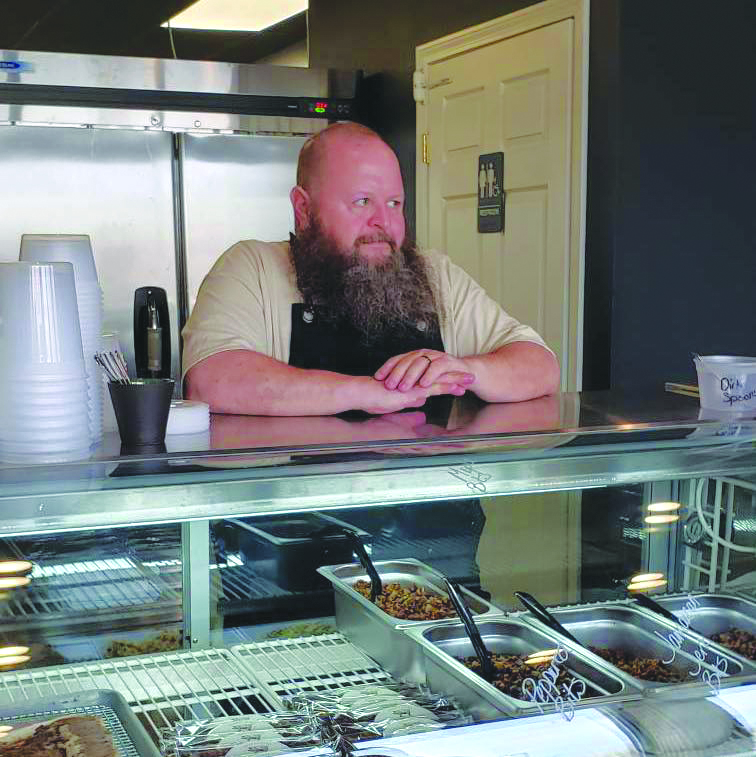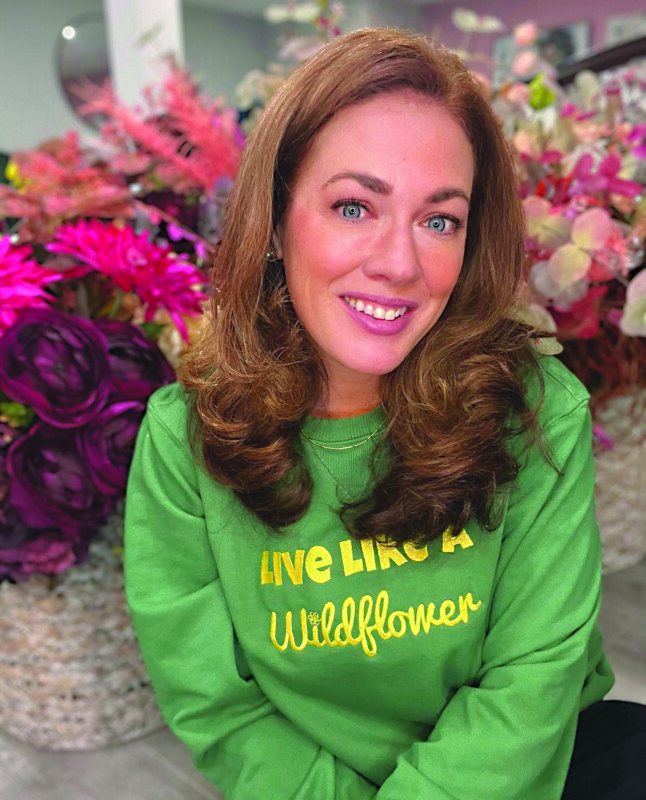Portable restroom rental provider
Chelsey Goss and her husband, Zach, own and operate Powerhouse Portable Restrooms, a portable restroom rental service based in Hudson.
Explain your job and what it entails.
At Powerhouse Portable Restrooms, we rent portable toilets for a variety of occasions such as construction sites, weddings, festivals and town parks. On a typical day, I spend my time in the truck completing a service route, which includes pumping out portable restrooms, restocking the toilet paper, sanitizer and deodorizers, and sanitizing all surfaces inside and outside of the unit. I also take care of all of our scheduling of new and existing customers. This includes taking customer info, site locations, billing information, creating our serviced routes and providing quotes.
How long have you had this job?
We opened April 1, 2022, so about six months.
What led you to this career field and your current job?
My husband was affiliated with another company within this field, so I worked for them while I was finishing up a second degree. I became very passionate about this field and enjoyed working alongside my husband every day. We decided to go on our own and open Powerhouse Portable Restrooms.
What kind of education or training did you need?
No education was required. A driver’s license, a great work ethic and hands-on experience was all that I needed. My husband has taught me everything about this field of work, which I am very grateful for.
What is your typical at-work uniform or attire?
We don’t wear anything in particular. We have company shirts with our logo and slogan that we typically wear daily, and a good pair of work jeans and muck boots to keep my feet dry while spraying the units down.
What was it like starting a business during the pandemic?
Starting a business during the pandemic was definitely scary. However, coming from within this field, we knew that the demand was there and still at an all-time high. So far, it remains high. People are taking more units for job sites, and private outdoor events are happening more often as the pandemic pushes people to get outside.
What do you wish you’d known at the beginning of your career?
I wish I had known about this field from a business standpoint sooner because I would have started right out of high school.
What do you wish other people knew about your job?
That portable toilets are not gross. There are definitely larger companies that push volume over quality, however, there are more small family-owned companies like us that take pride in what we do and offer top-of-the-line portable restrooms.
What was the first job you ever had?
I worked at Walgreens for a summer.
What’s the best piece of work-related advice you’ve ever received?
To always stay humble, keep my head down and always give 110 percent every day. As long as I do that, the tough days will iron themselves out.
Five favorites
Favorite book: I’m not a big reader.
Favorite movie: National Lampoon’s Christmas Vacation
Favorite music: Country
Favorite food: Mexican
Favorite thing about NH: There is natural beauty throughout the entire state, and the unpredictable weather allows us to experience a little bit of each part of the country right here in one state.
Featured photo: Chelsey Goss. Courtesy photo.

